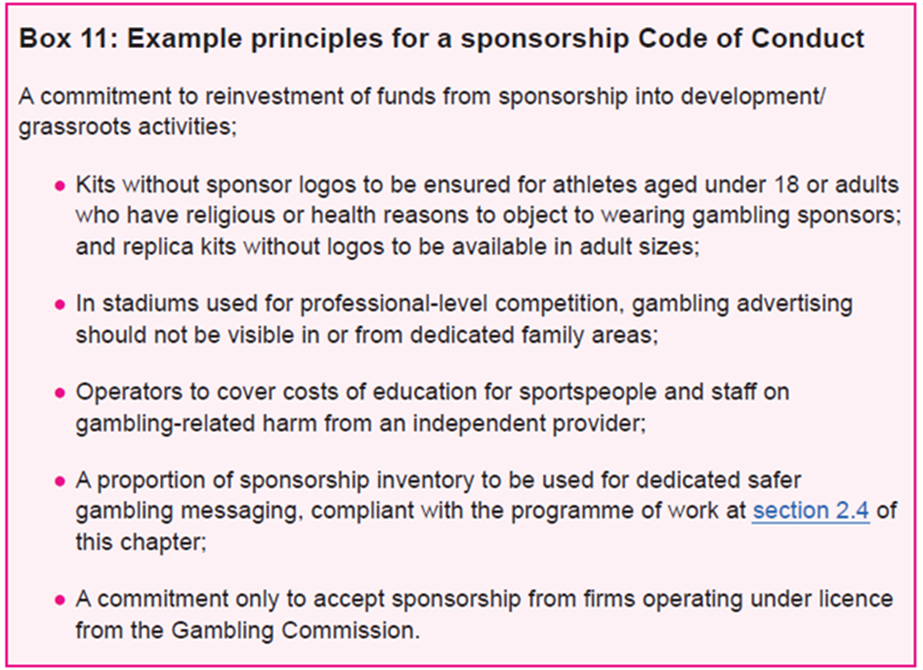White Paper Series: Gambling Commission publishes online slots stake limit guidance
On 30 January 2025, the Gambling Commission published its Online slots stake limit guidance following the Statutory Instrument (“SI”) (The Gambling Act 2005 (Operating Licence Conditions) (Amendment) Regulations 2024) which was laid on 10 December 2024. The SI follows the Government’s response to its consultation to introduce a maximum stake limit for online slots games in Great Britain. Subject to the final Parliamentary procedures, the SI will have the effect of adding a new condition to all remote casino operating licences.
What does the SI say?
The SI states:
1. The condition specified in this regulation is attached to each remote casino operating licence, including remote casino operating licences issued before this regulation comes into force.
2. The condition is that, for an online slots game, the total amount which an individual may stake in relation to any game cycle may not exceed—
(a) £2, where the individual is less than 25 years old, and
(b) £5, where the individual is 25 years old or over.
3. Where this condition is attached to a remote casino operating licence which was issued before this regulation comes into force, the condition has effect from the date on which this regulation comes into force.
4. This regulation is subject to the transitional provision in regulation 6.
5. In this regulation:
“game cycle” means, for an online slots game, the period beginning with the initiation of the game by the individual and ending at the point at which all money staked during the game has been lost or all money won during the game has been or delivered to or made available for collection by the individual, as the case may be;
“online slots game” means a casino game that is—
(a) a reel-based game, and
(b) is played online.
“reel-based game” means a game in which—
(a) moving or changing images or text are displayed by the use of visual representations of reels or other means, and
(b) an individual may win a prize or some other opportunity or advantage, as represented by the resulting arrangement of those images or text;
“stake” means to pay or risk an amount in connection with an online slots game.
Gambling Commission’s Guidance
As the SI sets out, all games which meet the definition of an online slots game will be subject to a maximum stake per game cycle. A game cycle begins when the customer presses spin and the stake is deducted from their account balance and ends when any winnings are paid to the player’s balance, or when the stake has been lost.
For customers who are aged 25 and older, the maximum they can stake per game cycle for online slots is £5.
For customers who are aged 18 to 24, the maximum they can stake per game cycle for online slots is £2.
Separately, the Gambling Commission confirmed in a consultation response for online games design that for remote slots, it must be a minimum of 2.5 seconds from the time a game is started until the next game cycle can be commenced.
Examples
The Gambling Commission also set out some examples:
Scenario A: A customer aged 27 stakes £5 on an online slot game. No other opportunities to stake can be offered until the game cycle has concluded as £5 is the maximum stake permitted for customers aged 25 and over.
Scenario B: A customer aged 27 stakes £2 on an online slot game. Further staking opportunities could be offered within the same game cycle up to the value of £3 for a total staked per game cycle of £5.
Scenario C: A customer aged 19 stakes £2 on an online slot game. No other opportunities to stake can be offered until the game cycle has concluded as £2 is the maximum stake permitted for 18 to 24 year olds.
Scenario D: A customer aged 27 stakes £5 on an online slot game and wins a prize offer which they can accept (and end the game cycle) or reject (and gamble their stake again for a chance to win a larger prize). Importantly, the customer is not being asked to stake any additional funds. The customer chooses to accept the additional gamble but is unsuccessful and therefore receives £0. The customer’s balance is reduced by £5 when they initiate the spin, and as they receive no prize their balance remains unchanged following the conclusion of the game cycle.
Who does the SI apply to?
As explained in the SI, the condition will apply to operators who hold remote casino operating licences, including those licences that were issued before the regulation comes into force. The SI states that for licences issued before the regulation is in effect, the condition will have effect from the date the regulation comes into force.
Timeline
- The SI for this measure was laid in Parliament on 10 December 2024.
- This legislation needs to be debated (usually scheduled for 6 to 8 weeks after the legislation is laid, although not guaranteed) and approved by both the House of Commons and the House of Lords.
- After the legislation is debated and approved it will be made (signed by the Minister) and come into force.
- From the day the legislation is made, operators will have an implementation period of 6 weeks to implement the £5 limit per spin for adults aged 25 and over (which will temporarily apply to all adults), and a further 6 weeks to implement the £2 limit per spin for 18 to 24 year olds.
Please get in touch with us if you have any questions about the SI or Gambling Commission guidance.

